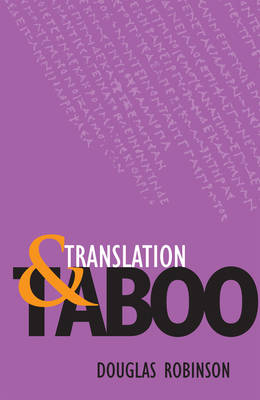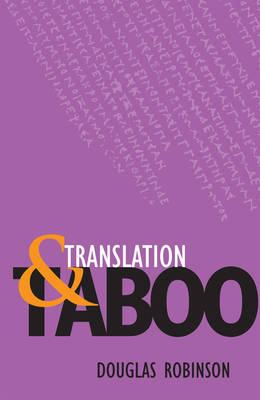
- Retrait gratuit dans votre magasin Club
- 7.000.000 titres dans notre catalogue
- Payer en toute sécurité
- Toujours un magasin près de chez vous
- Retrait gratuit dans votre magasin Club
- 7.000.0000 titres dans notre catalogue
- Payer en toute sécurité
- Toujours un magasin près de chez vous
Description
From the time of the first written sacred texts in the West, taboo has proscribed the act and art of translation. So argues Robinson, who with candor verging on iconoclasm explores the age-old prohibition of translation of sacred texts and shows how similar taboos influence intercultural exchange even today. Probing concepts about language, culture, and geopolitical boundaries--both archaic and contemporary--he examines the philosophy and theory of translation and intercultural exchange. In the process, he challenges presuppositions about what cultures hold sacred.
Spécifications
Parties prenantes
- Auteur(s) :
- Editeur:
Contenu
- Nombre de pages :
- 251
- Langue:
- Anglais
Caractéristiques
- EAN:
- 9780875805719
- Date de parution :
- 01-04-96
- Format:
- Livre broché
- Format numérique:
- Trade paperback (VS)
- Dimensions :
- 153 mm x 228 mm
- Poids :
- 408 g

Les avis
Nous publions uniquement les avis qui respectent les conditions requises. Consultez nos conditions pour les avis.






